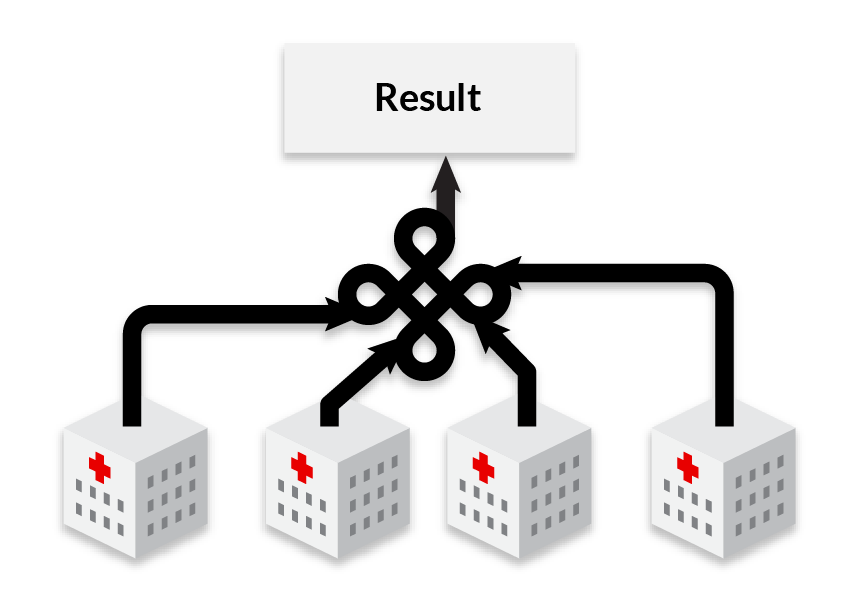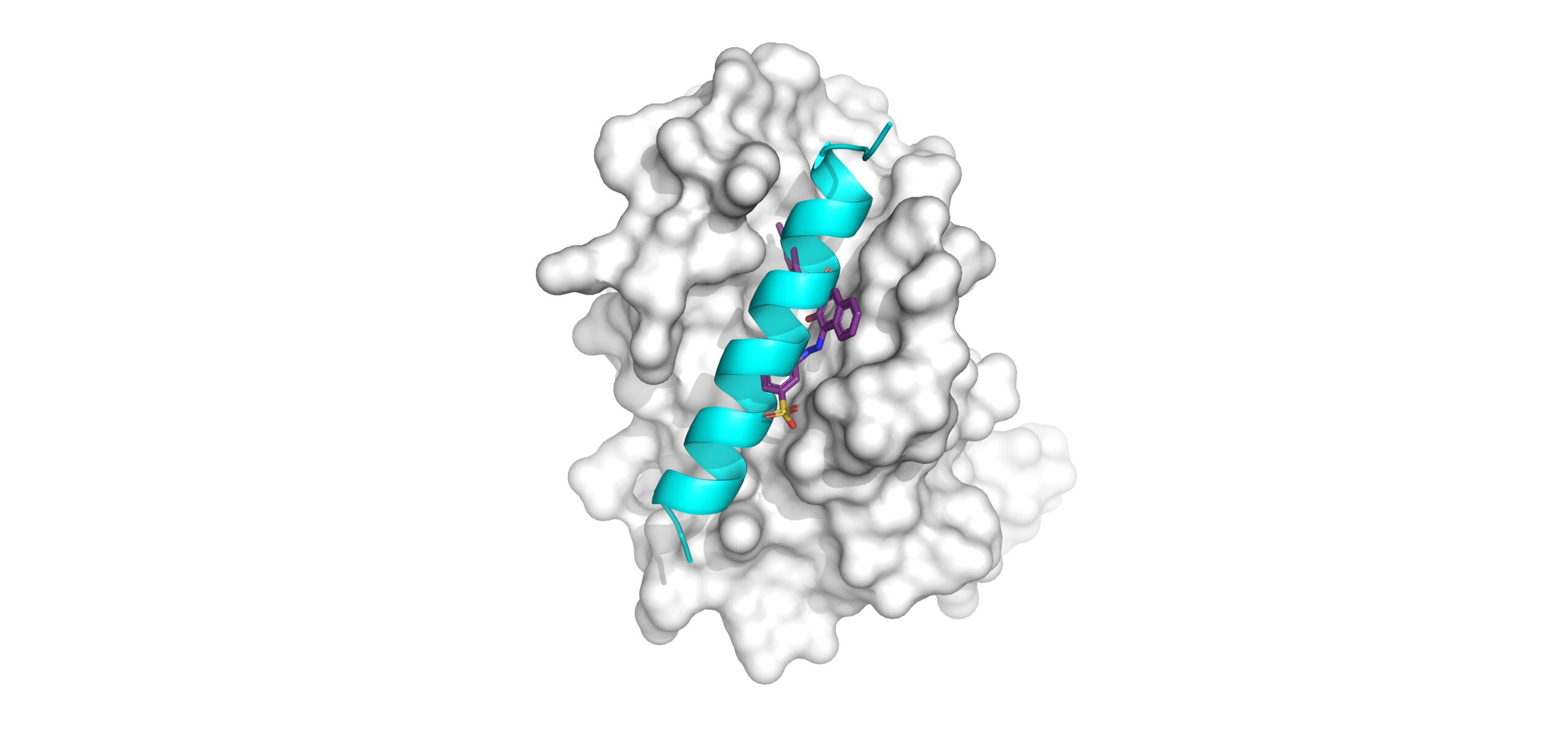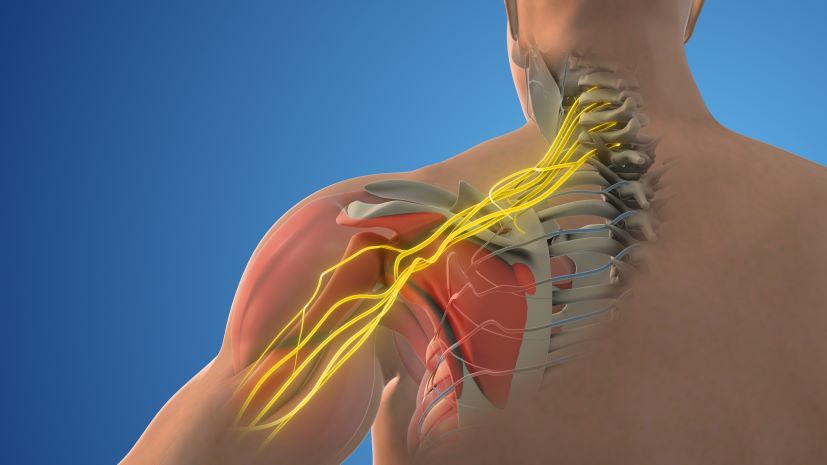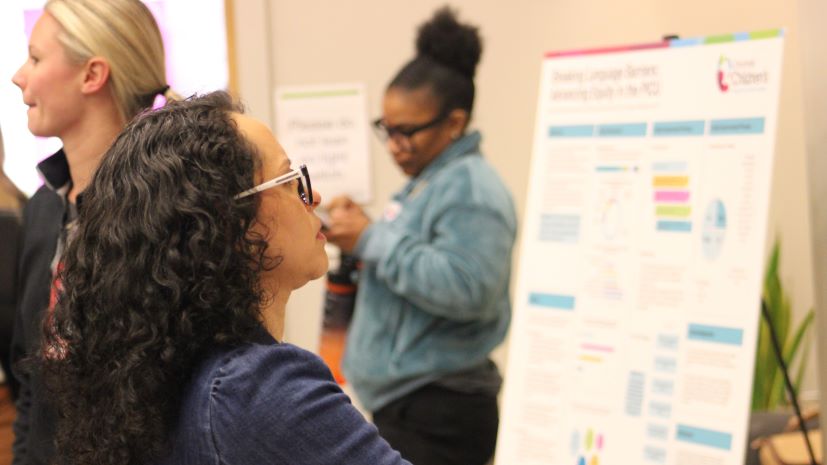Real-Time, Secure, and Confidential Data Sharing in the Fight Against COVID-19 and Beyond
Research By: Kenneth Mah, MD, MS
Post Date: January 26, 2021 | Publish Date:

The COVID-19 pandemic has placed unprecedented strains on our way of life and cost millions of lives worldwide. Researchers and clinicians across the globe have been racing to understand the disease and how best to treat it.
However, current medical infrastructure in the US precludes sharing of data in timely fashion adequate to answer clinical, research, and operational questions during a pandemic. This data sharing dilemma, in fact, predated the COVID-19 pandemic and was prioritized by the National Academic of Medicine in a recent special publication entitled “Health Data Sharing to Support Better Outcomes: Building a Foundation of Stakeholder Trust.”
As part of the RECovER initiative, collaborators at Cincinnati Children’s, the University of Cincinnati College of Medicine, Onai, and other institutions across the country are looking to safely but rapidly draw knowledge from electronic medical records.
Medical records store information about each patient encounter. By looking at a pool of medical records, we can draw statistical conclusions about the prevalence and incidence of disease, demographic data, length of stay, morbidity, and mortality, and the impacts of various factors on the course of the illness. For example, we can study the impacts of demographic background, preexisting medications, medications prescribed in the hospital, and much more. Do patients who were on blood pressure medications fare better or worse when they present with COVID-19? Is there a link between age and the need for mechanical ventilation? Are there trends in outcomes?
To answer these kinds of questions, more data is better. Querying across institutions to incorporate more data is ideal but both traditional research methodology and clinical registries are not real-time solutions and are fraught with data sharing issues.
Undoubtedly, medical records contain sensitive information, and thus, must be used carefully and handled judiciously. Usually, any data centric collaboration across institutions is manual, time consuming, and painstaking. In a collaboration with Onai on work partly funded by the National Science Foundation, we are pioneering a new approach. We are using Onai’s cryptographic technology for queries to be performed efficiently across institutions without any sensitive data or statistics being exposed from each participating institution. This allows us to accelerate important research and answer valuable clinical and operational questions while maintaining complete confidentiality and data security.
This data sharing approach will be valuable beyond COVID-19. It has the potential to disrupt the current structure of aggregating and sharing data whether in research or clinical registries. For example, many pediatric conditions are relatively rare and this approach would afford assessing them across a network of pediatric hospitals in a confidential and secure fashion.
We are looking forward to expanding our work with this technology, and partnering together to more quickly uncover insights that can help our patients.
Post authored by: Kenneth Everett Mah, MD, MS.
Research By








